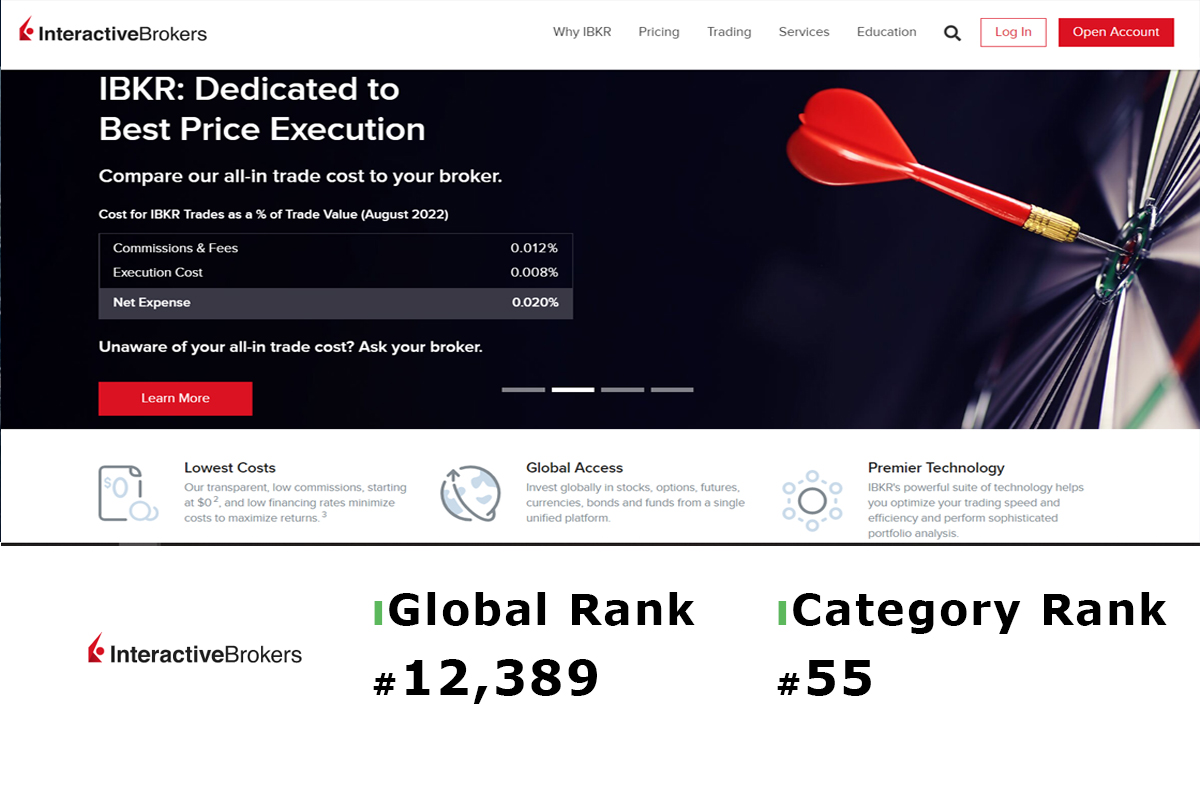In the evolving landscape of digital assets, one term has caught the attention of both seasoned cryptocurrency investors and newcomers alike: Non-Fungible Tokens, or NFTs. These unique digital assets are revolutionizing the way we perceive ownership, intellectual property, and value in the virtual world. This article aims to provide an in-depth understanding of NFTs, their functionality, and their impact on various industries.
What Are Non-Fungible Tokens (NFTs)?
Unlike traditional cryptocurrencies like Bitcoin or Ethereum, which are fungible and can be exchanged on a one-to-one basis, NFTs are unique digital tokens that cannot be interchanged with any other token. They are based on blockchain technology, which ensures the authenticity and provenance of each token.
Characteristics of NFTs
- Indivisibility: NFTs cannot be divided into smaller units and sold.
- Ownership: Holding an NFT means you have ownership of a unique piece of digital information, which could be anything from digital art to a tweet.
- Interoperability: Some NFTs can be used across multiple platforms and applications.
- Provenance: The blockchain ensures that the ownership history of an NFT is transparently recorded.
Applications of NFTs
Digital Art and Collectibles
NFTs have made a significant impact in the world of digital art, enabling artists to monetize their work in ways that were not possible before.
Gaming Industry
In gaming, NFTs can represent in-game assets, which can be bought, sold, and traded across game environments and players.
Intellectual Property and Royalties
NFTs allow creators to set up smart contracts that automatically distribute royalties every time the asset is sold to a new owner.
Real Estate and Tokenization
NFTs can represent ownership of a physical asset like real estate, making it easier to buy or sell property and divide ownership stakes.
The Technology Behind NFTs
NFTs are generally built on Ethereum’s ERC-721 token standard, although other blockchains like Binance Smart Chain and Tezos also support NFTs.
Marketplaces for NFTs: Platforms like OpenSea, Rarible, and NBA Top Shot offer a marketplace for buying and selling NFTs.
Risks and Controversies
- Environmental Impact: Like other blockchain technologies, NFTs have been criticized for their energy consumption.
- Intellectual Property Issues: The transfer of NFT ownership does not necessarily confer the transfer of copyright.
- Market Speculation: The NFT market is highly volatile, and prices can change dramatically in a short period.
NFTs are not merely a trend; they signify a shift in how we understand ownership and value in the digital age. By offering a mechanism for proving ownership and authenticity, NFTs have far-reaching applications beyond the art world, from gaming and collectibles to intellectual property and even real estate.
NFTs in the Business Realm: Use-Cases and Storage Solutions
- Tokenization of Physical Assets: Businesses can tokenize real estate, equipment, or other valuable physical assets as NFTs to facilitate fractional ownership, leasing, or selling.
- Digital Identity and Credentials: Companies can use NFTs to represent secure, unfalsifiable digital IDs or certifications for employees, enhancing security and verification processes.
- Supply Chain Management: NFTs can offer a transparent, unchangeable record of each stage of the supply chain, providing both businesses and consumers with verifiable information about product history and authenticity.
- Licensing and Royalties: Media companies can employ NFTs to manage and automate the distribution of royalties whenever their intellectual property is used.
- Exclusive Content and Membership: Businesses can use NFTs to offer customers exclusive access to content, services, or loyalty rewards, building stronger relationships with their consumer base.
- Marketing and Branding: Companies can issue branded NFTs as collectibles or rewards as part of marketing campaigns to drive engagement and brand loyalty.
Storage Solutions for Enterprises
Enterprises have specialized needs when it comes to storing NFTs. Given their high value and the critical nature of the data they represent, the security and accessibility of these tokens are of paramount importance.
- Custodial Services: Companies like Coinbase and BitGo offer enterprise-grade custodial solutions that handle the security and storage of NFTs. These services often include insurance coverage against theft or loss.
- Hardware Wallets: For companies that prefer to have physical control over their assets, hardware wallets can store NFTs securely offline, making them inaccessible to hackers.
- Private Blockchain: Large enterprises may opt for creating a private blockchain to store their NFTs, offering complete control over the network and its security protocols.
- Smart Contract Auditing: Regardless of the storage method chosen, businesses must thoroughly audit the smart contracts that control their NFTs to ensure they are secure and function as intended.
- Multi-Signature Wallets: For added security, enterprises can use multi-signature wallets that require multiple parties to authorize a transaction. This is especially useful for high-value NFTs representing significant physical or intellectual property.
- Cloud Storage with Encryption: While less common, encrypted cloud storage can serve as a temporary solution, though it’s generally less secure than the above options and not recommended for valuable or sensitive NFTs.
For businesses, NFTs present a wide array of applications that extend far beyond the realms of art and collectibles. From asset management to marketing, the potential use-cases are expansive. However, the storage of these digital assets is a critical consideration that enterprises must carefully manage to reap the benefits fully. By selecting the appropriate storage solution tailored to their specific needs, companies can ensure the security and utility of their NFT investments.
Frequently Asked Questions
What determines the value of an NFT?
The value of an NFT is primarily determined by its uniqueness, demand, and the reputation of the creator.
Are NFTs legal?
While NFTs themselves are legal, they can be used in illegal activities such as copyright infringement.
Can I create my own NFT?
Yes, various platforms allow users to mint their own NFTs, provided you have digital ownership of the content.
















